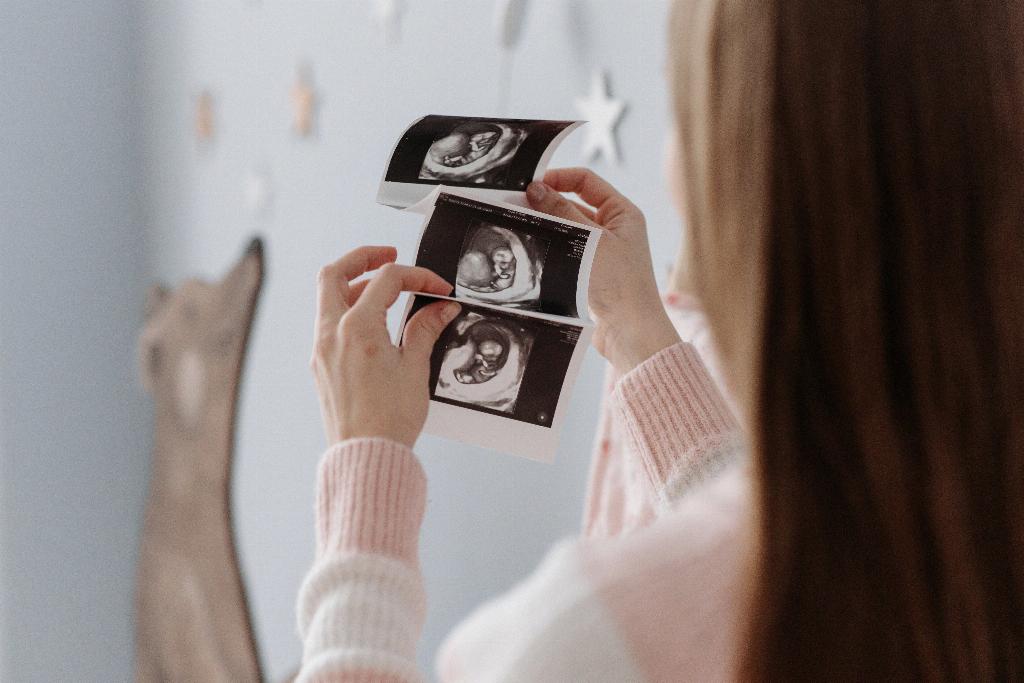When faced with the difficult decision of whether to undergo in vitro fertilization (IVF) after experiencing an ectopic pregnancy, it’s essential to consider the unique circumstances of your situation. IVF can be a beneficial option for women who have a history of tubal damage and have had one or more ectopic pregnancies. While the decision ultimately depends on various factors, including your medical history, personal preferences, and the advice of your healthcare provider, there are several key points to consider when contemplating IVF after an ectopic pregnancy.
Understanding Ectopic Pregnancy
An ectopic pregnancy occurs when a fertilized egg implants itself outside the uterus, typically in the fallopian tube. This type of pregnancy is not viable and poses serious risks to the mother if left untreated. Common symptoms include abdominal pain, vaginal bleeding, and shoulder pain. While the exact cause of ectopic pregnancies is often unknown, factors such as tubal damage, previous surgeries, or pelvic inflammatory disease can increase the risk.
Challenges of Tubal Damage
Tubal damage, often resulting from conditions like ectopic pregnancies, can obstruct the fallopian tubes, making it difficult for fertilization to occur naturally. In such cases, IVF presents a viable alternative for achieving pregnancy by bypassing the need for the egg to travel through the fallopian tubes. By directly combining sperm and egg in a laboratory setting, IVF can overcome issues related to tubal damage and increase the likelihood of a successful pregnancy.
Benefits of IVF After Ectopic Pregnancy
For women who have experienced ectopic pregnancies, IVF can offer hope for achieving a healthy pregnancy. By carefully monitoring the fertilization process in a controlled environment, IVF provides a higher level of control and precision, which can be particularly beneficial for individuals with a history of tubal damage. Additionally, IVF allows for the screening of embryos for genetic disorders, potentially reducing the risk of future pregnancy complications.
Consulting with Healthcare Providers
Prior to making a decision about pursuing IVF after an ectopic pregnancy, it is crucial to consult with your healthcare provider to discuss your individual circumstances and treatment options. Your healthcare team can provide guidance, answer any questions you may have, and help you understand the potential risks and benefits of pursuing IVF. By working closely with medical professionals, you can make an informed decision that aligns with your goals and priorities.
Emotional Considerations
It’s important to acknowledge the emotional impact of experiencing an ectopic pregnancy and undergoing fertility treatments like IVF. Dealing with the loss and trauma of a previous ectopic pregnancy can be challenging, and the decision to pursue IVF may come with its own set of emotional stressors. It’s essential to prioritize self-care, seek support from loved ones, and consider counseling or therapy to navigate the emotional complexities associated with fertility treatments.
Financial Implications
One of the key considerations when contemplating IVF after an ectopic pregnancy is the financial aspect of fertility treatments. IVF can be a costly procedure, and it’s essential to assess your financial situation, insurance coverage, and potential out-of-pocket expenses associated with treatment. Exploring financial options, such as payment plans or fertility grants, can help alleviate some of the financial burdens associated with IVF.
Personal Preferences and Values
Ultimately, the decision to pursue IVF after experiencing an ectopic pregnancy is deeply personal and influenced by your values, beliefs, and goals. Consider what matters most to you when it comes to family planning and parenthood. Reflect on your desires for starting or expanding your family, as well as your willingness to undergo fertility treatments. By aligning your decisions with your personal values and priorities, you can approach the prospect of IVF with clarity and conviction.
Support Systems
Building a strong support system can play a crucial role in navigating the complexities of fertility treatments like IVF. Lean on your partner, family members, friends, or online communities for emotional support, understanding, and encouragement throughout the IVF process. Connecting with others who have gone through similar experiences can provide valuable insights, reassurance, and a sense of camaraderie as you embark on your fertility journey.
Considering Alternative Options
While IVF may be a suitable option for some individuals after an ectopic pregnancy, it’s essential to explore alternative fertility treatments and options that may better align with your needs and preferences. Depending on your specific medical situation and fertility goals, treatments such as intrauterine insemination (IUI), ovulation induction, or adoption may offer viable alternatives to consider before committing to IVF. Consulting with your healthcare provider can help you explore these options and make an informed decision.
Long-Term Health Considerations
When evaluating the decision to pursue IVF after an ectopic pregnancy, it’s important to consider the long-term implications for your physical and emotional well-being. Discussing potential risks, success rates, and pregnancy outcomes with your healthcare provider can help you weigh the benefits and challenges of IVF in the context of your overall health and future fertility goals. By approaching the decision holistically, you can make a well-informed choice that prioritizes your long-term health and well-being.
Final Thoughts
Ultimately, the decision of whether to do IVF after an ectopic pregnancy is a pivotal one that requires careful consideration, consultation with healthcare professionals, and reflection on your personal values and goals. While IVF can offer hope for achieving a successful pregnancy for women with a history of tubal damage and ectopic pregnancies, it’s essential to approach the decision thoughtfully, taking into account the emotional, financial, and long-term health implications. By being informed, supported, and intentional in your decision-making process, you can navigate the complexities of fertility treatments with clarity and confidence.

